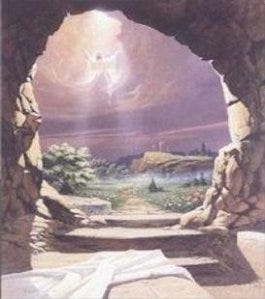The Apostolic Witness
The Sixth Sunday after the Epiphany
Scripture
Old Testament: Jeremiah 17:5-10
Psalter: Psalm 1
Epistle: 1 Corinthians 15:12-20
Gospel: Luke 6:17-26
___
Prayer
God, you root those who trust in you by streams of healing water. Release us from the bonds of disease, free us from the power of evil, and turn us from falsehood and illusion, that we may find the blessing of new life in you through the p…
Keep reading with a 7-day free trial
Subscribe to Faith Seeking Understanding to keep reading this post and get 7 days of free access to the full post archives.




